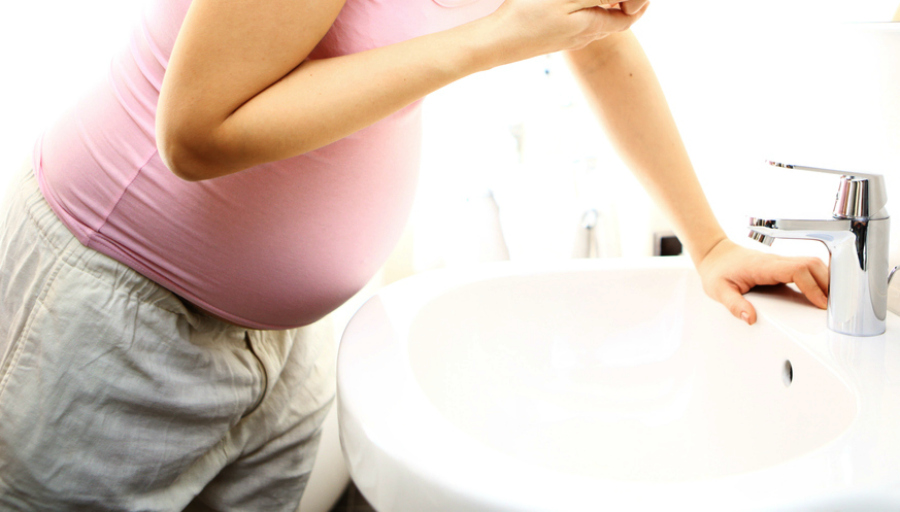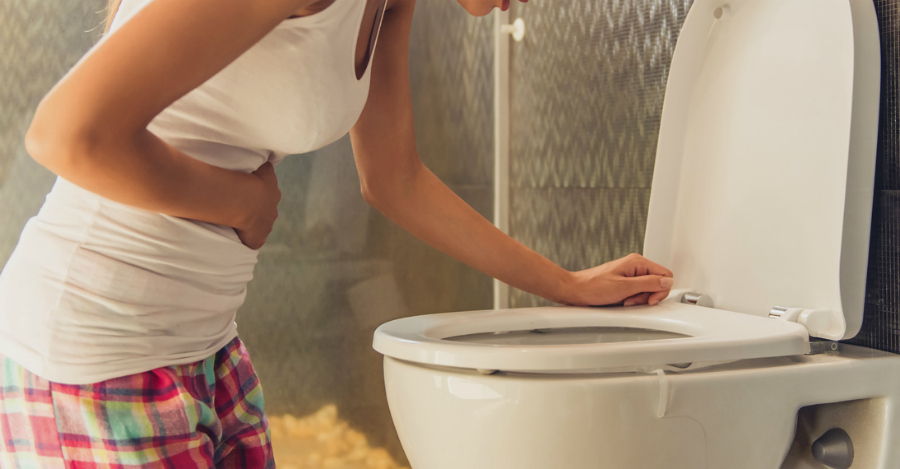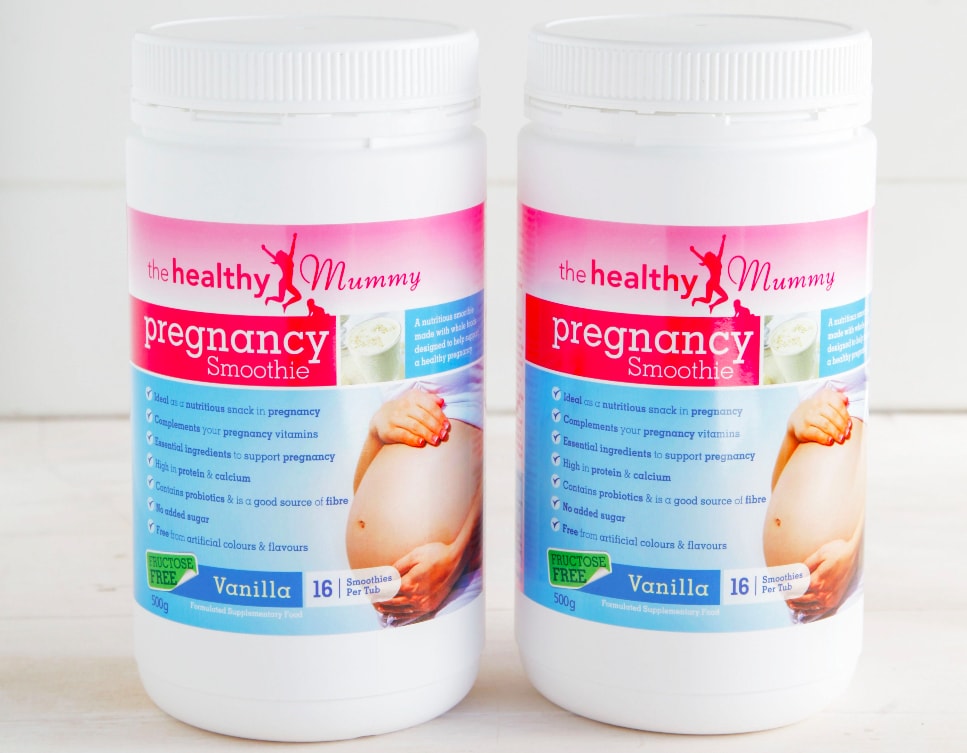Pregnancy sickness can distress women up to 6 months after birth, claim experts
While it’s all part of being pregnant, some women struggle with the endless dry heaving and sickness, especially in those early stages when many mums-to-be are hiding their pregnancy.
There are many forms of pregnancy sickness, the most severe type is called hyperemesis gravidarum (HG), which Kate Middleton has suffered with for all three of her pregnancies, and many women with this can end up in hospital on a drip.
And now, experts have now claimed severe sickness can lead to can ‘emotional distress’ up to six months after pregnancy.

Pregnancy sickness can distress women after they give birth
A study published in Archives of Women’s Mental Health claims that the effects of sickness throughout pregnancy can last a lot longer than many medical experts expected, in fact six months after giving birth. The effects can pass by 18 months postpartum, say researchers.
“Women with HG were more likely to report emotional distress compared to women without HG during pregnancy and six months postpartum, but the difference between the groups disappeared 18 months after birth,” the authors wrote.
“The results suggest that the increased risk of developing emotional distress may primarily be a consequence of HG.”
A conference on the condition has been organised by Pregnancy Sickness Support (PSS) and the British Pregnancy Advisory Service (BPAS) to examine research into HG and the treatments available.
“Care and treatment options for HG have improved massively in the last few years and research into the condition is finally attracting attention and tentative funding,” says PSS chairwoman Caitlin Dean.
“Research to be presented today demonstrates the mental health effect of this condition can be profound and doesn’t always end when the baby is born but can persist for years after.”

What causes pregnancy sickness?
From mild nausea, to vomiting so severe it requires a hospital stay, more than half of all pregnant women are plagued by morning sickness. But what exactly is it, and what does it mean?
While we all like joke that morning sickness should be called all-day-sickness, it is generally worse earlier in the day. It usually kicks in at around the fourth week of pregnancy, and starts to improve and even disappear at about the 12th to 14th week.
One in five women will continue getting morning sickness into their second trimester. However, some will have it right until they have their baby.
Generally, it won’t harm you or your baby, unless it’s an extreme case.
Interestingly, science still hasn’t been able to pinpoint a reason for morning sickness, but it’s thought things like hormones, blood pressure fluctuations, altered metabolism and chemical changes all play a role.
There are some studies that have suggested a link between human chorionic gonadotropin (HCG) and morning sickness. Because HCG is higher in women who are pregnant with multiples, it’s thought they may suffer worse morning sickness.

10 ways to help ease morning sickness
1. Try and get some food in your tummy before you get out of bed – something like dry crackers or water may help.
2. To try and keep the nausea at bay, eat small meals often throughout the day.
3. Avoid fatty foods and coffee.
4. Eat when you feel like it, don’t wait for meal times.
5. Ginger has been known to help ease feelings of nausea.
6. If the smell of food is putting you off, get someone else to prepare your meals.
7. Try different types of food – sweet, salty, crunchy etc, to see if any make you feel less sick.
8. Drink lots of water – six to eight glasses a day. If you’re vomiting a lot, make sure you up your fluid intake.
9. You can try acupressure wristbands that are designed for travel sickness.
10. The Healthy Mummy Morning Sickness Smoothie!
The Healthy Mummy Pregnancy Smoothies

Are you currently pregnant? Then you should try our yummy Healthy Mummy Pregnancy smoothie.
If you are suffering from morning sickness and find eating food difficult – our smoothie is a great way to nourish your body with a easy to drink smoothie- it also contains ginger.
The Healthy Mummy Pregnancy Smoothie is designed to complement, not replace, your prenatal vitamin intake. Our nutritionists ensured that the vitamins and minerals in the smoothie are at a low level so there is no risk of doubling up on any pregnancy vitamins.
It is ideal as a high-protein, high-calcium snack in pregnancy. You can download the Pregnancy Smoothie Label here.
To purchase yours, click here.
*Please note that The Healthy Mummy Pregnancy range promotes healthy weight gain in pregnancy*









